Someone comes right up to your face and says, “Wow, you have big eyes for an Asian.” Sounds pretty insulting, don’t you think? Unfortunately, people with disabilities – who have zero control over the way they were born, just as we don’t choose to have an Asian face – experience derogatory insults and microaggressions 24/7 365.
Rolling GURU, a YouTube content creator with cerebral palsy, shares her day-to-day experiences. Oftentimes, people unintentionally ask stereotypical questions to her such as: “When will you get better?” or “You’re pretty for a disabled person.”
Of the world’s population of over 8 billion people, approximately 1.3 billion suffer from impaired function. In other words, one out of every six individuals experiences either physical or mental disorders – 27 percent from the United States and 5.2 from Korea. This low percentage in our country contributes to the lack of awareness towards the impaired, and the society’s struggles to approach them without prejudice.
Although awareness toward marginalized groups has improved in past years, the majority still perceive those with disabilities as a group that lacks independence. For instance, many documentaries and television programs that offer a glimpse into their lives sometimes convey the wrong idea that one should “conquer” their illnesses. Producers frame the accomplishments of individuals with disabilities as those who achieved such feats despite their impairments.
Eun-hye Jung, a newcomer to the drama industry, played the role of Younghee, a character with Down Syndrome in the popular show “Our Blues.” Although she played the role of a misfit insecure about her looks, Jung strongly insisted that the lines assigned to her not represent her personal experience as an individual with the same condition.
Just a few months following the program’s release, the actress helped organize an event hosted by the Jeju Developmental Disabilities Support Center, which aimed towards the coordination of various activities that refine the public’s understanding of intellectual disabilities. The initiative proved its success: almost 150 people from the nearby community gathered for the occasion.
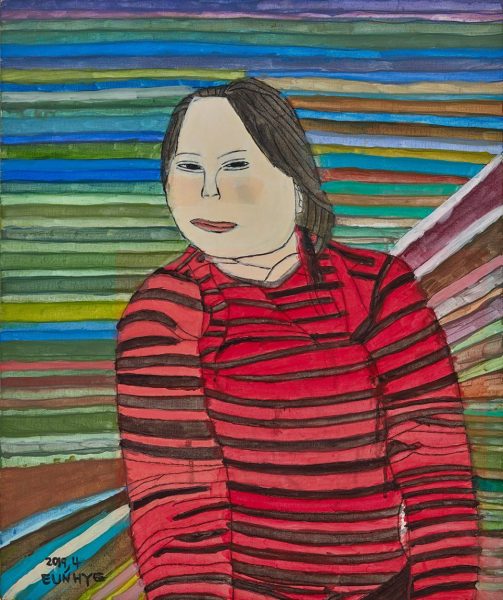
We often feel the obligation to help out such individuals purely out of empathy, sometimes even the most altruistic efforts deliver the wrong message. Mr. Kim, a resident at Seongbo Rehabilitation Center said, “I am grateful that everybody is so nice to me, but I wish people didn’t treat me like a child.” Even in cases where those with disabilities might seem to require assistance, it helps to ask beforehand in order to avoid any discomfort on their part.
Fortunately, several communities across the country began to combine their efforts to provide jobs and proper healthcare for those who find access difficult. In most regions, government-run online platforms offer different employment opportunities that meet individual needs. In addition, annual conventions such as the Autism Expo provide economic, medical, and emotional support for families with diagnosed members and opportunities for anybody to learn more about the condition.
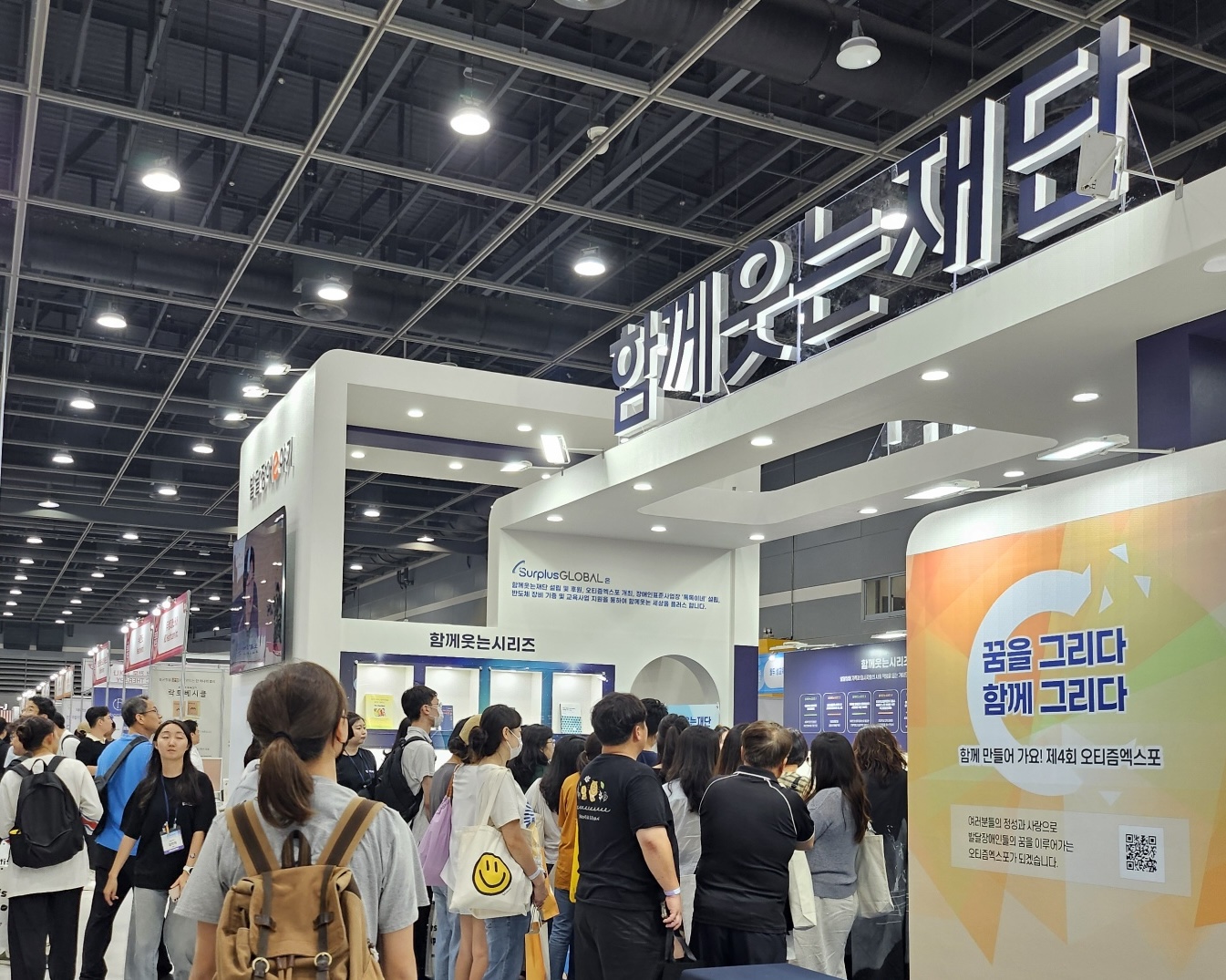
Ms. Moon, a worker at the rehabilitation institute, commented that though the public’s perception of such people has improved greatly over the years, Korean society still has a long way to go. “To this day, there are people who view individuals with disabilities through a biased lens or those who do not even understand the concept of disabilities,” Moon said.
Students at DIS also work hard to advocate for improved awareness in our community through lunch clubs and different activities. Senior Aaron Shin, the founder of Disability Awareness Club, said, “In Korea, there aren’t enough facilities that make the lives of people with disabilities as easy as they should be when compared to facilities in the United States and everything … I think that is something that should be changed.” He also announced his plans to purchase wheelchairs and other equipment through various fundraisers.
Although many experience difficulty with communication or typical daily activities, it does not necessarily pull them down. Disability should no longer be a label placed upon individuals, a classification that only works to further ostracize them from our community.

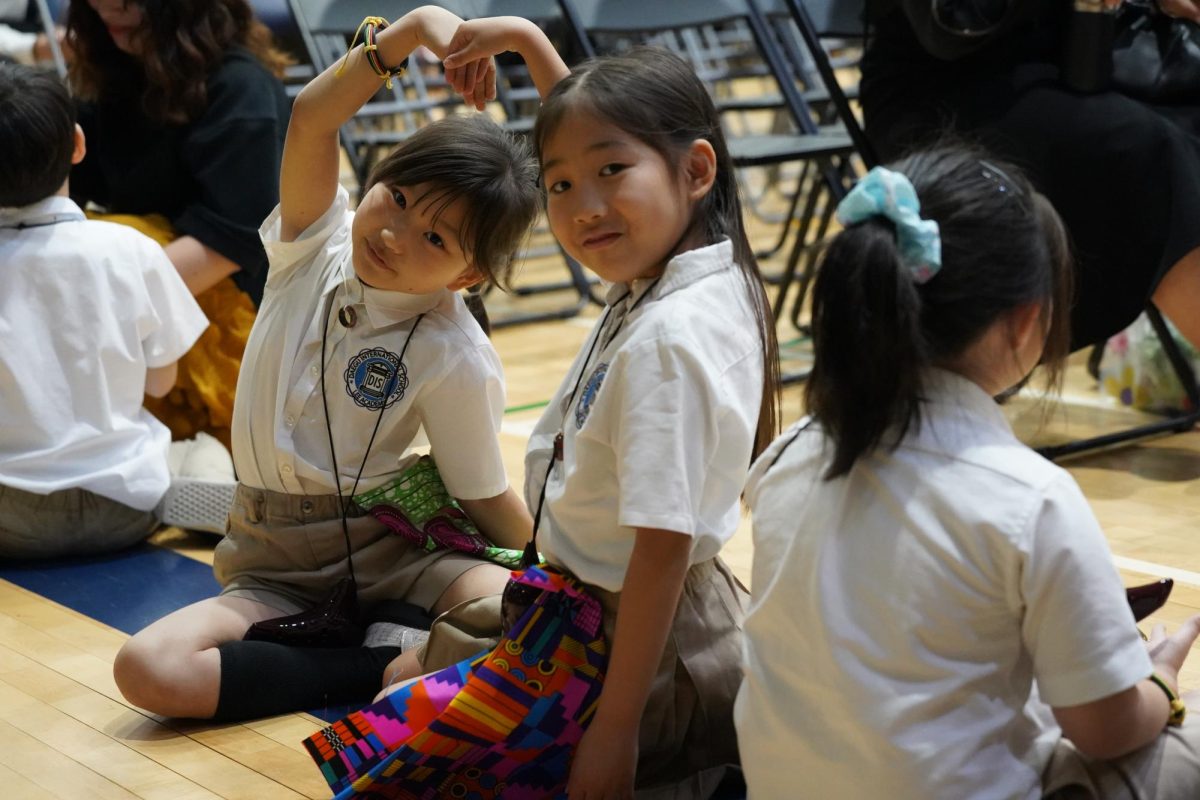


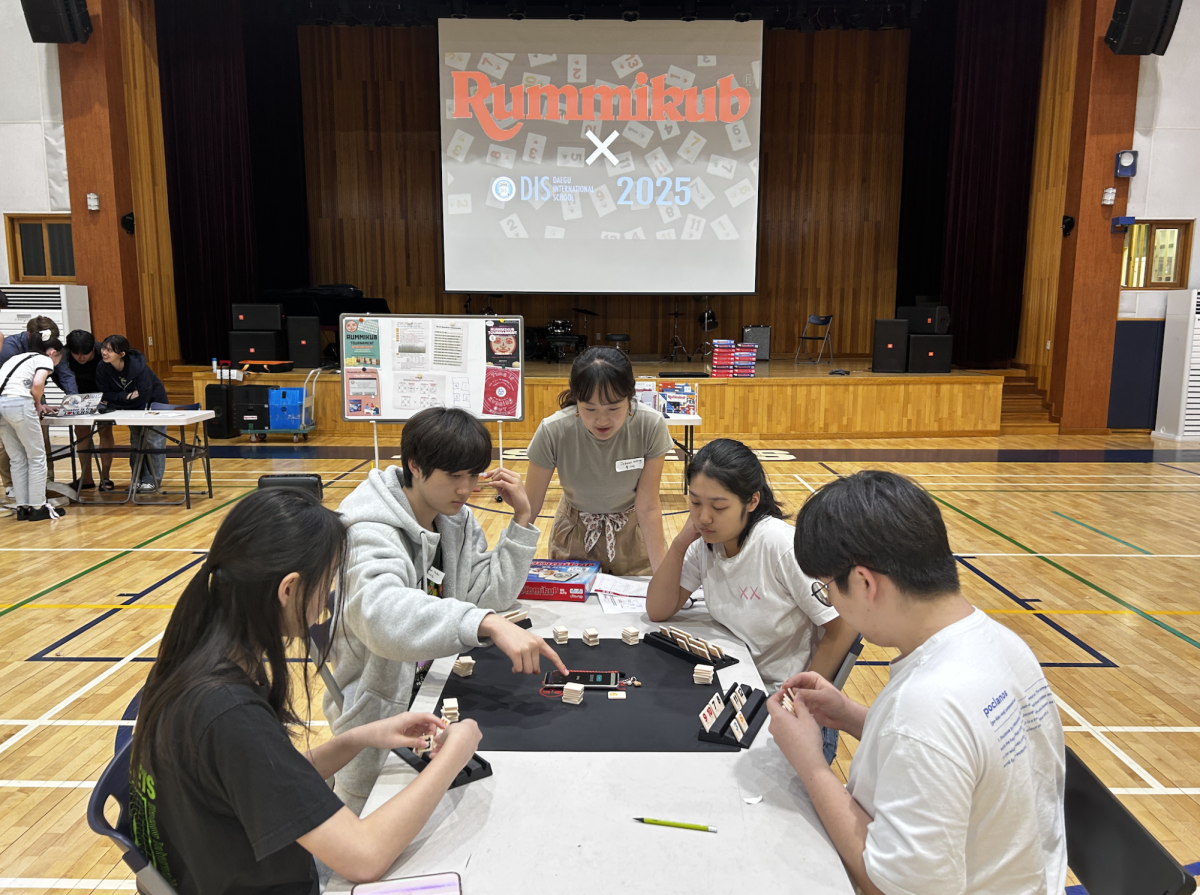
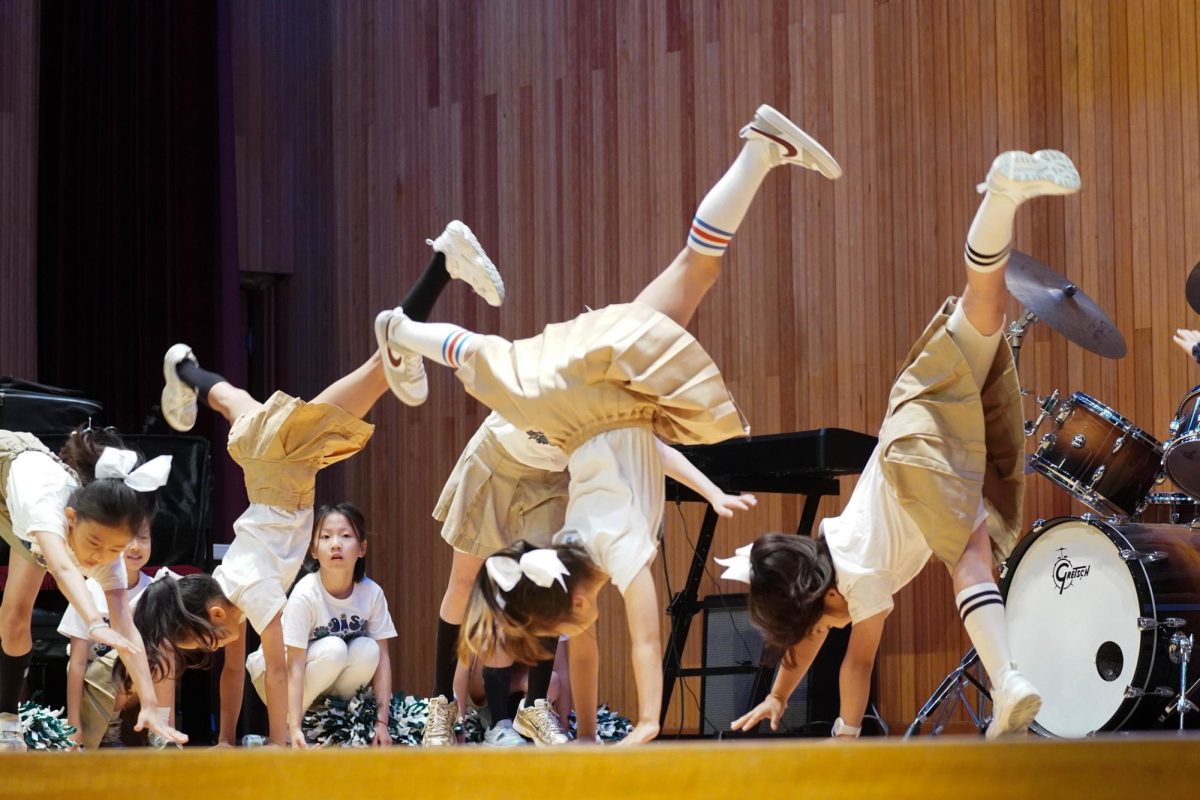



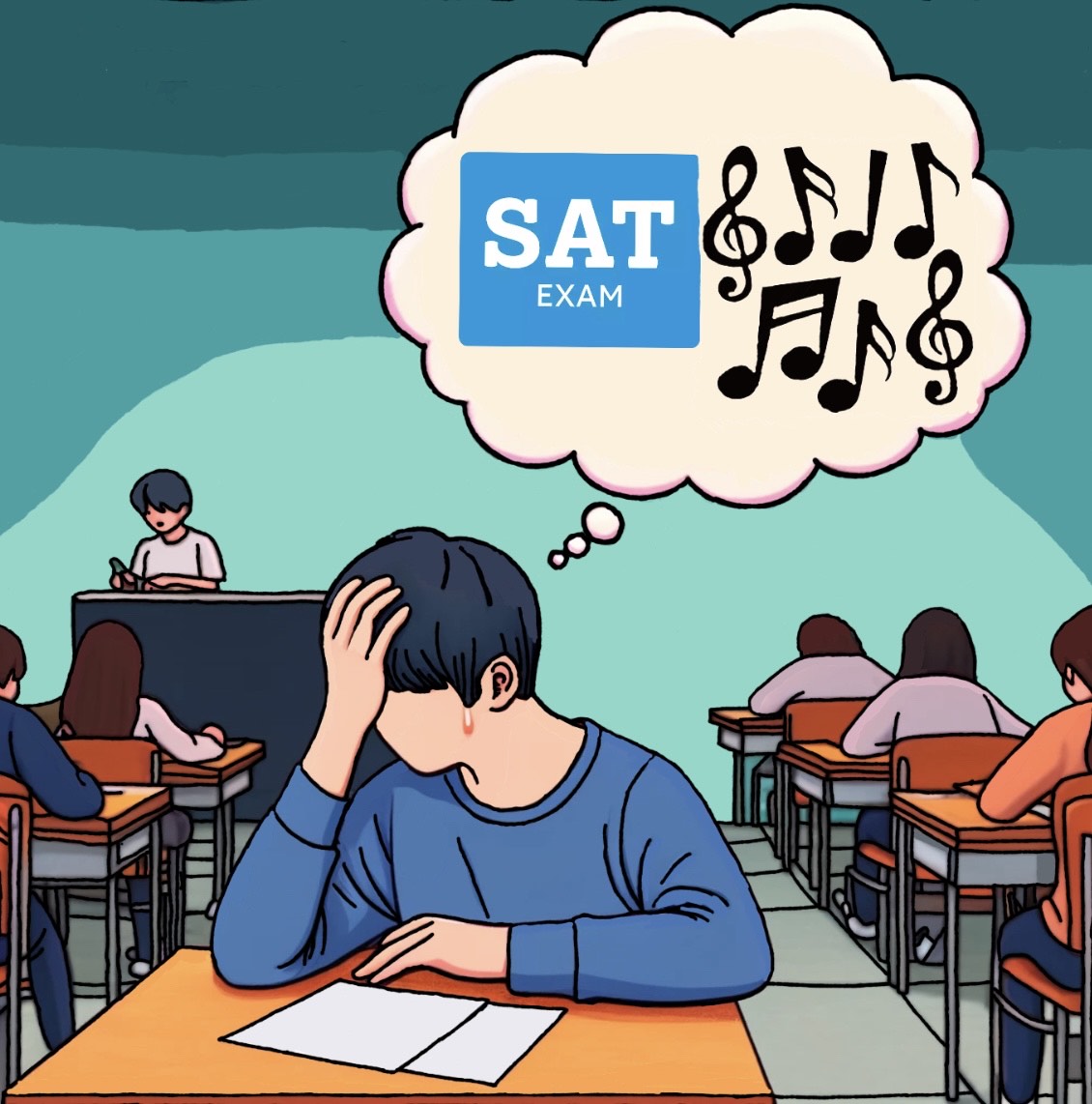
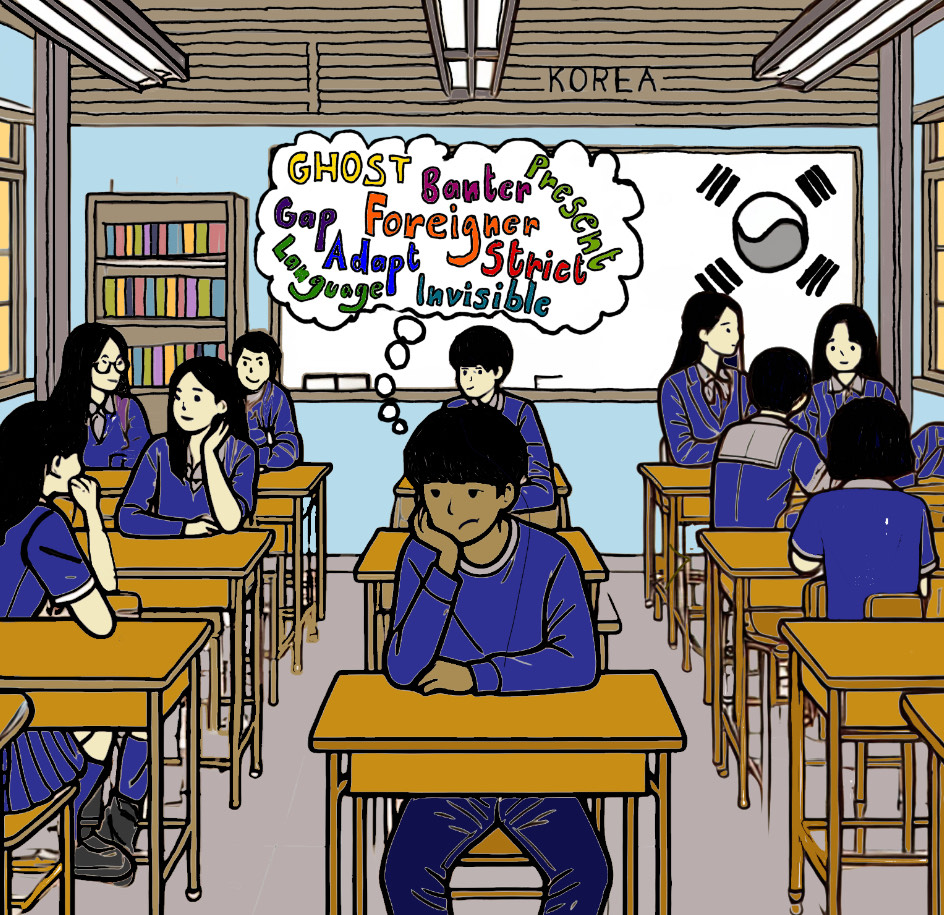


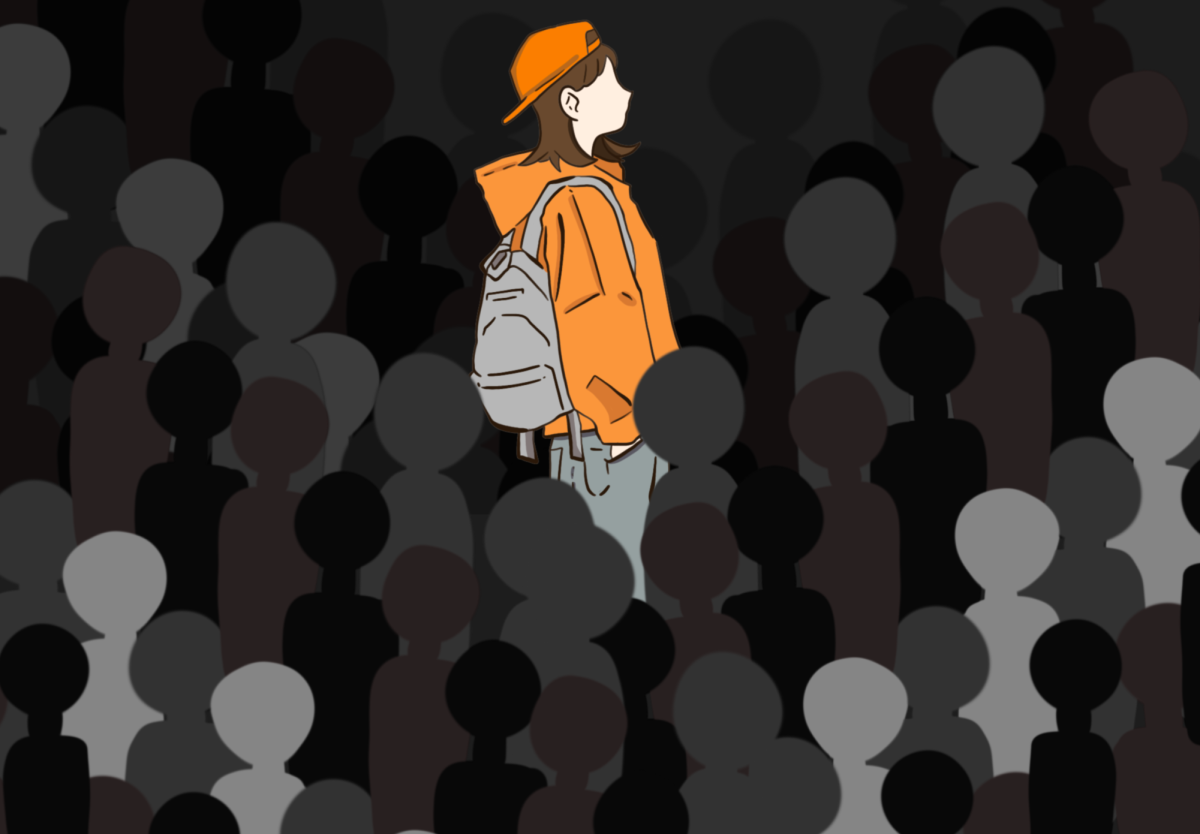




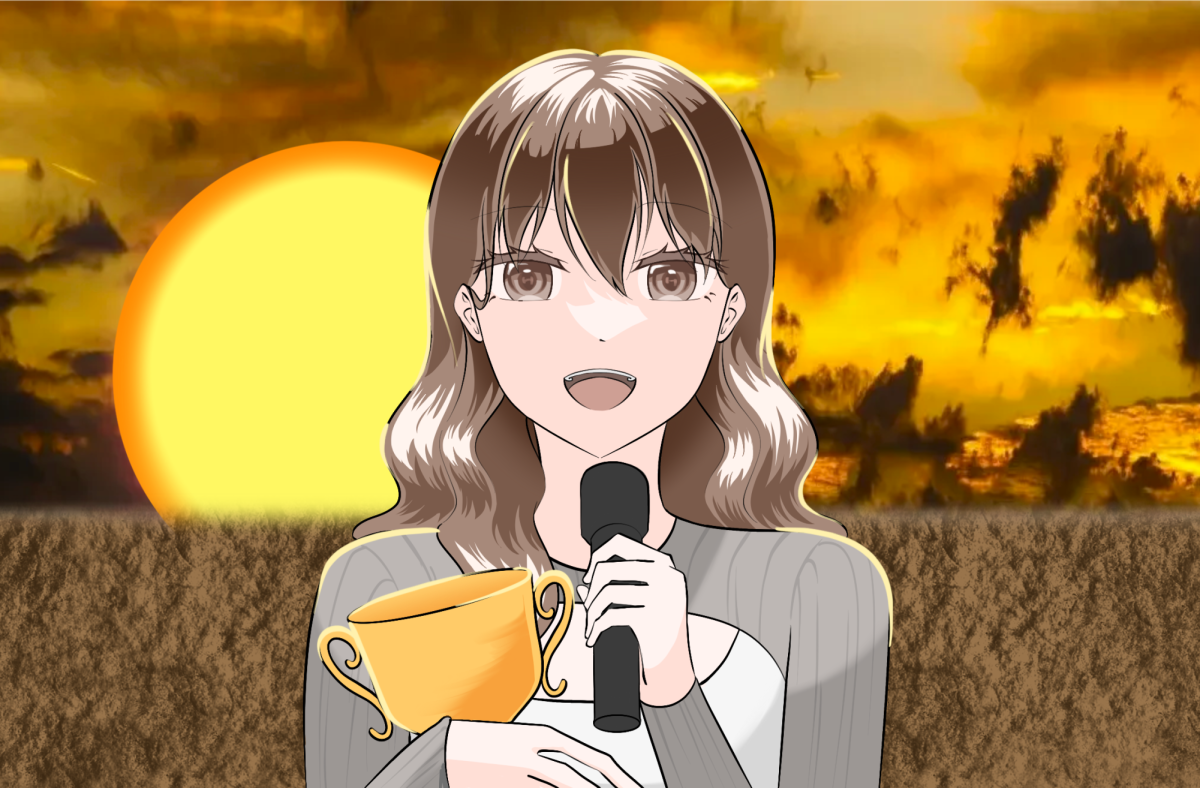

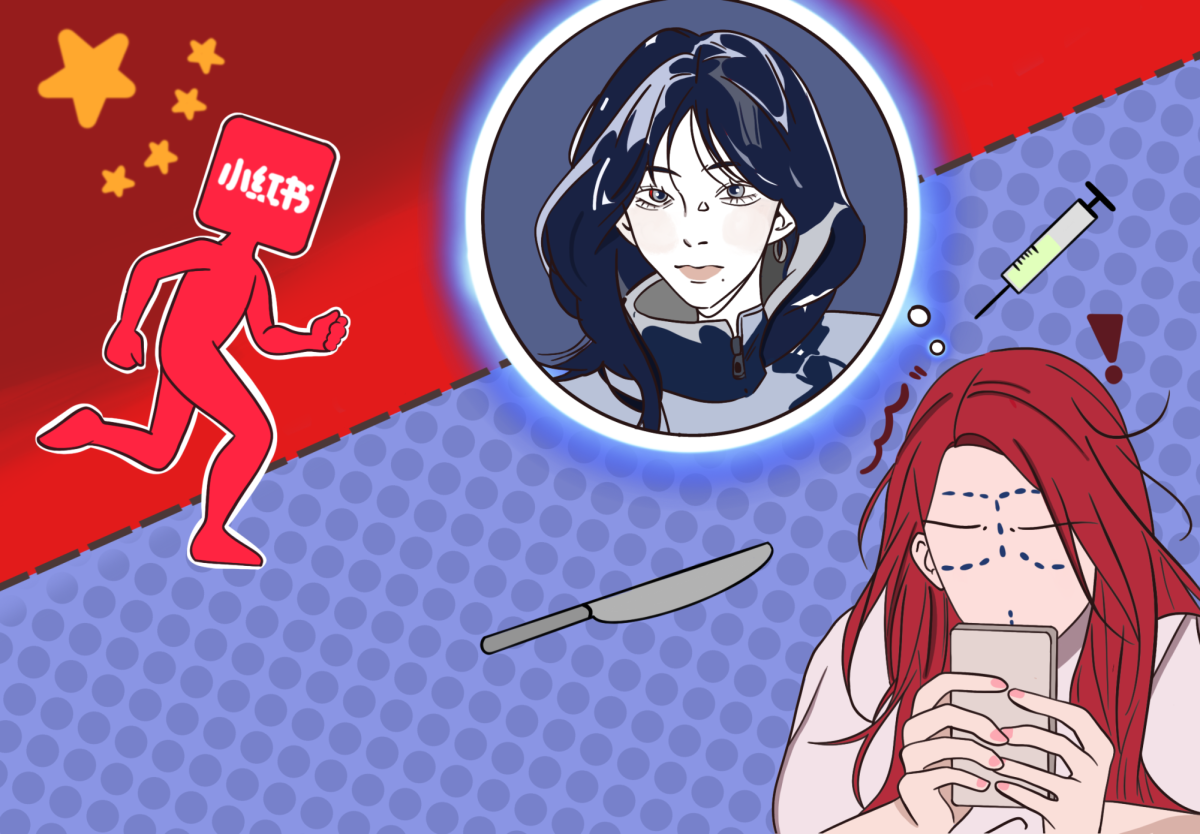
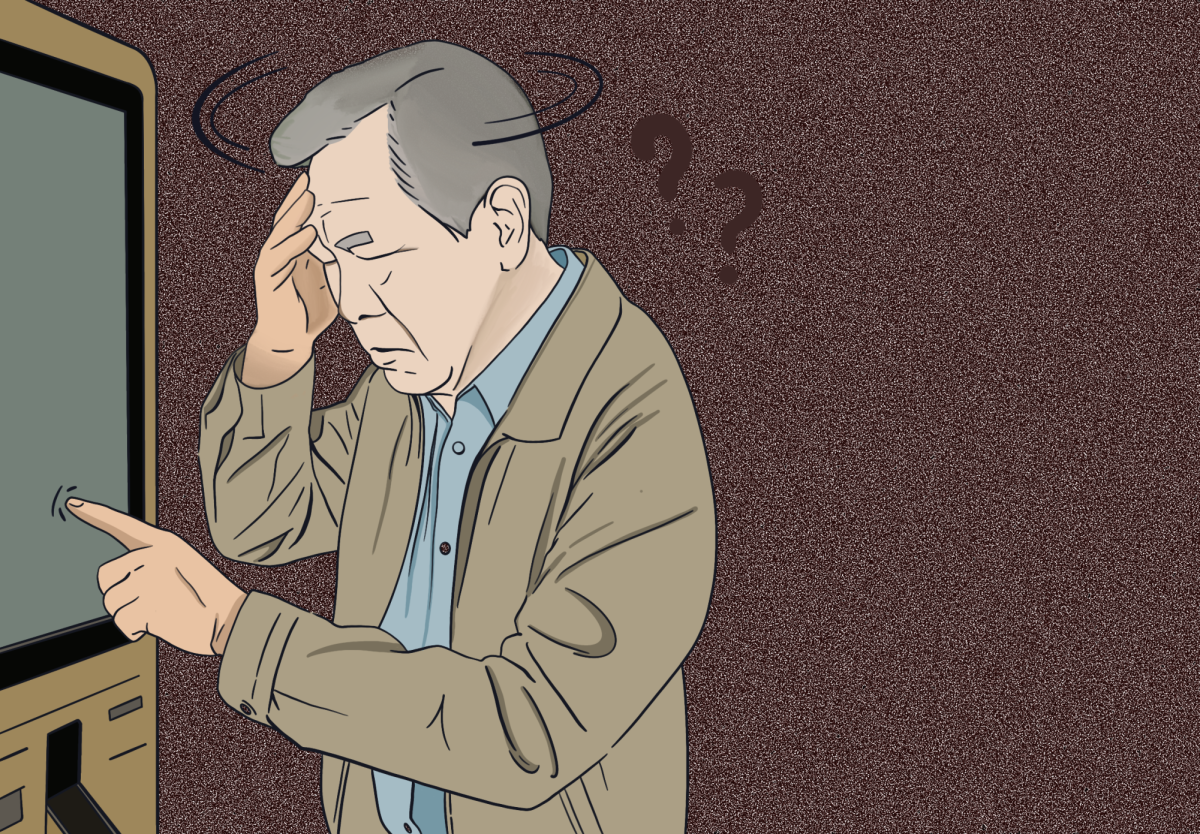
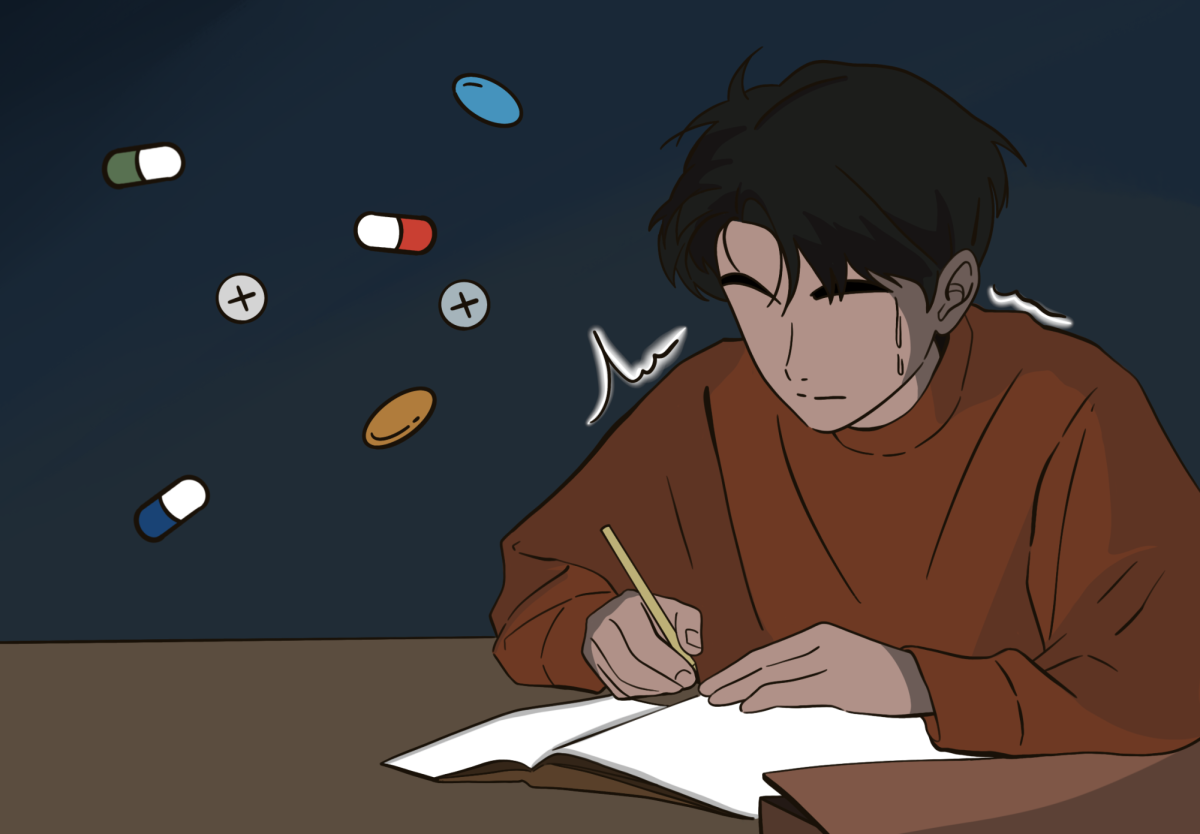
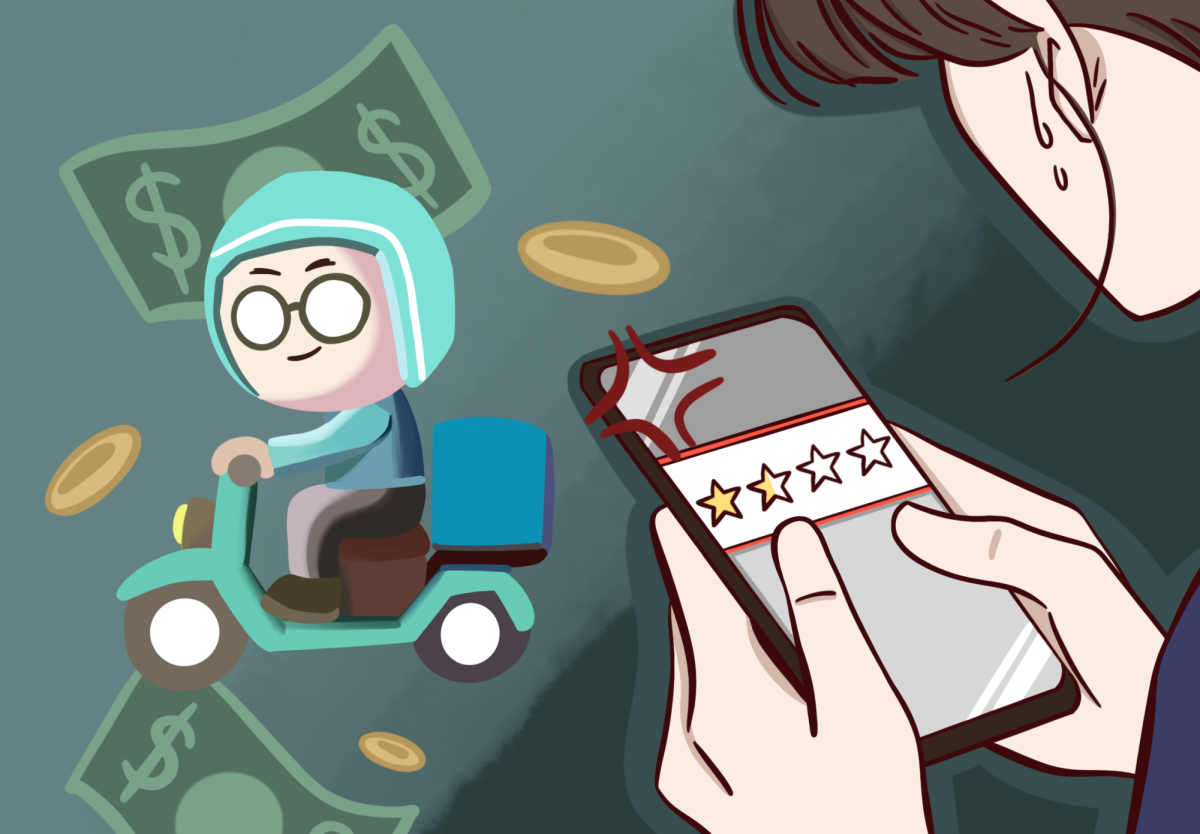
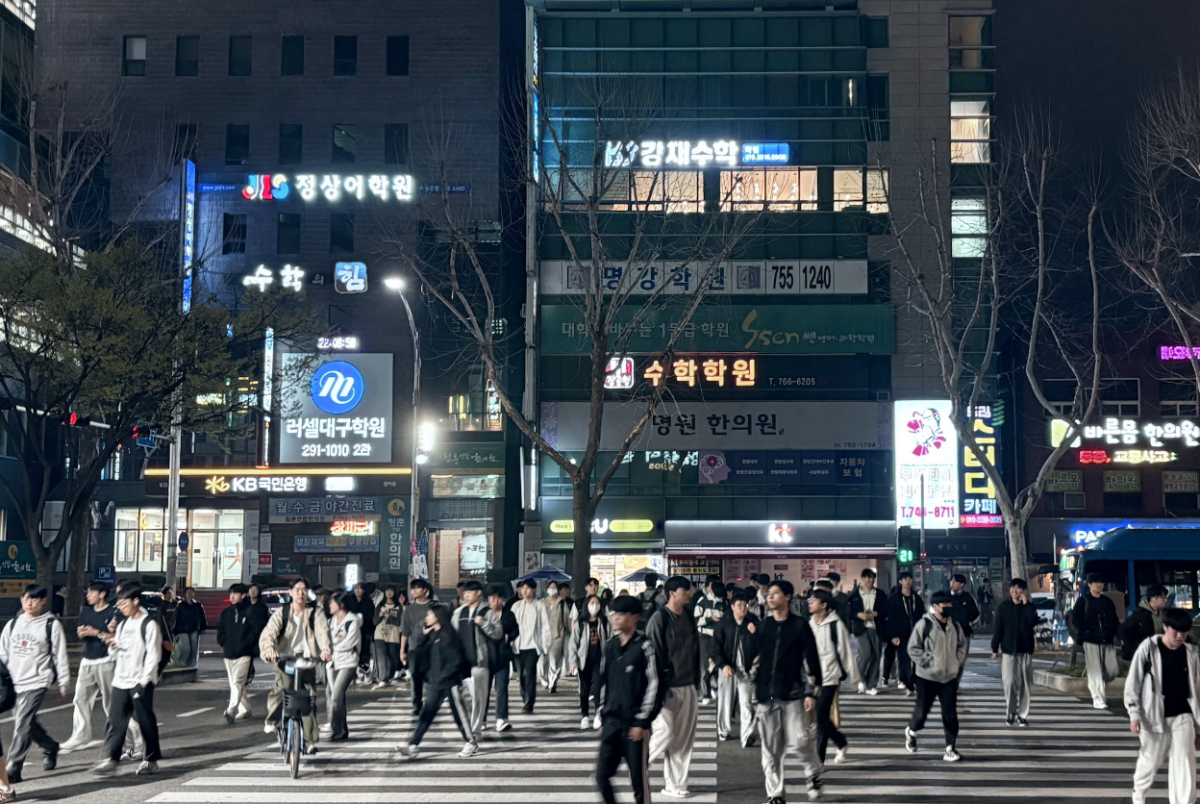


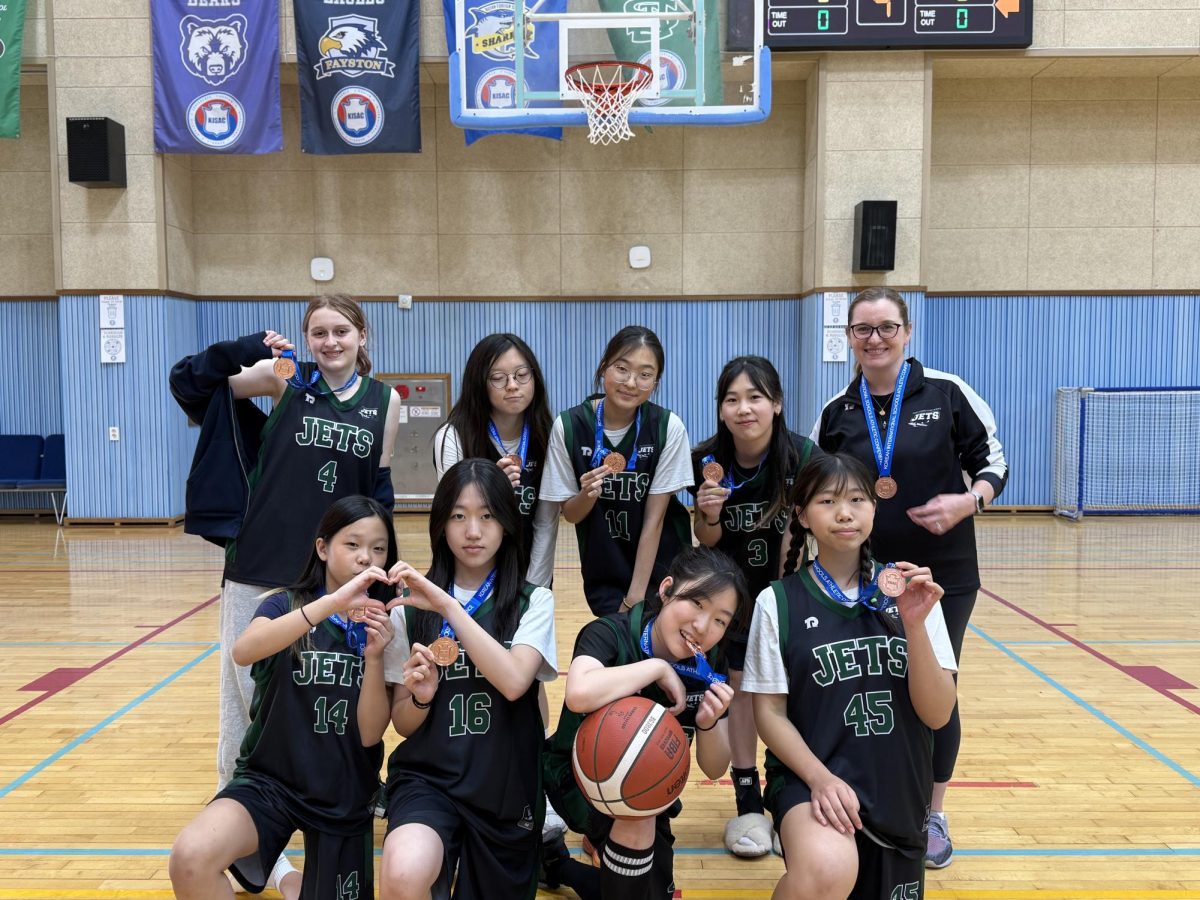
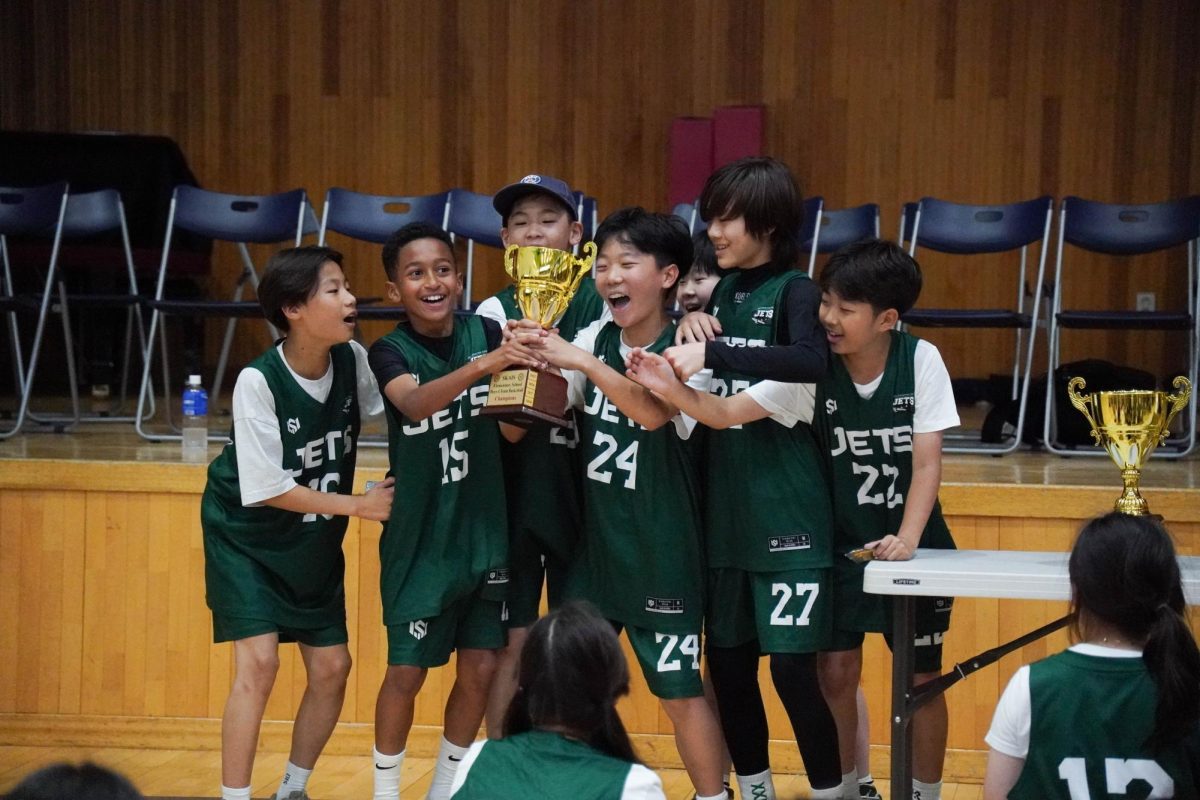







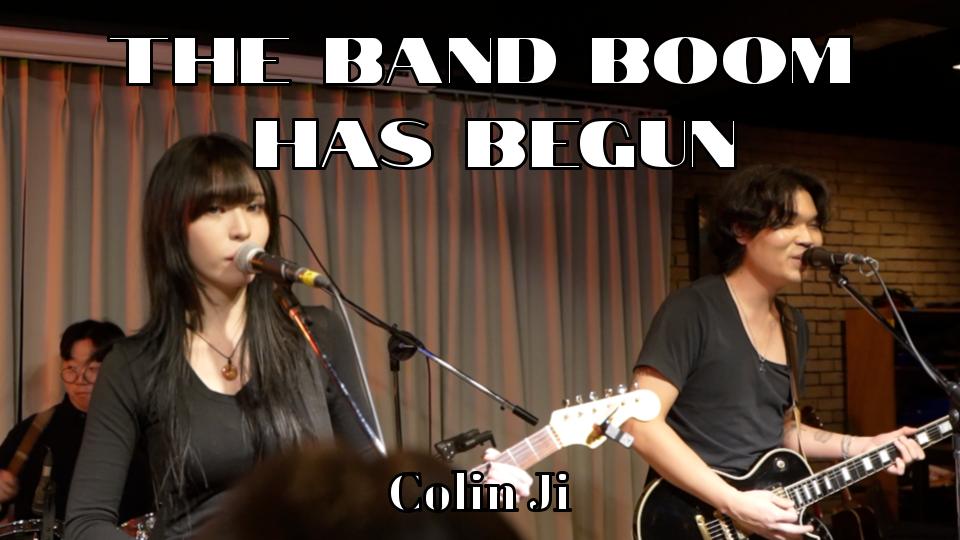
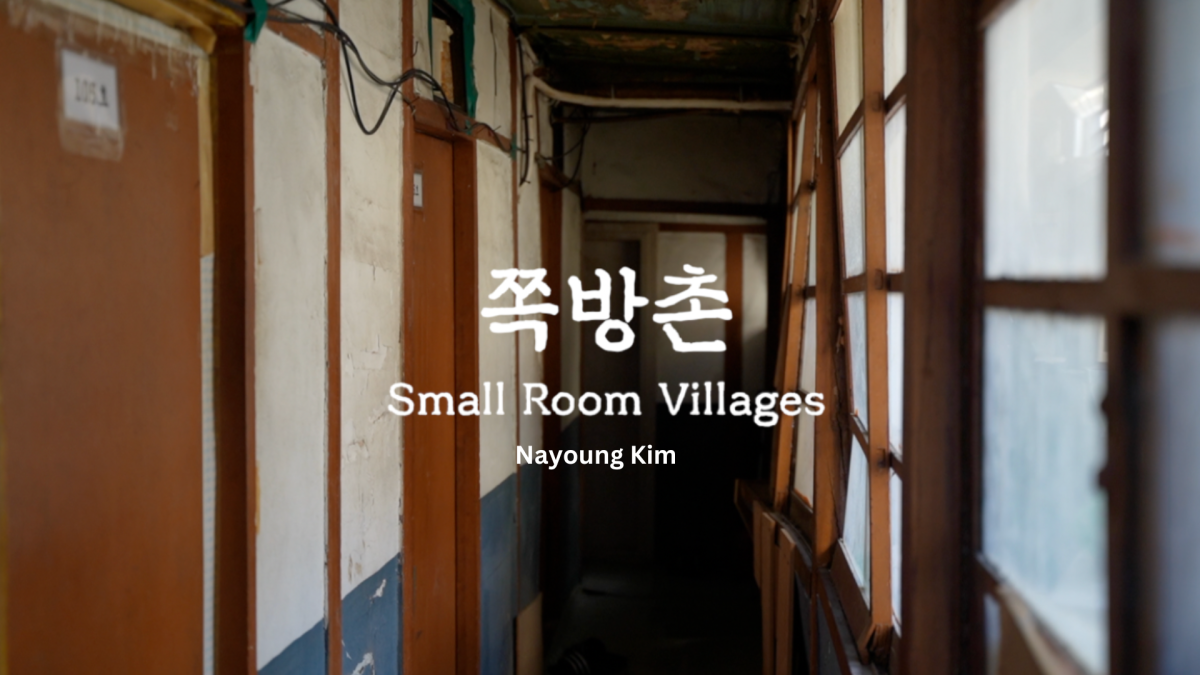
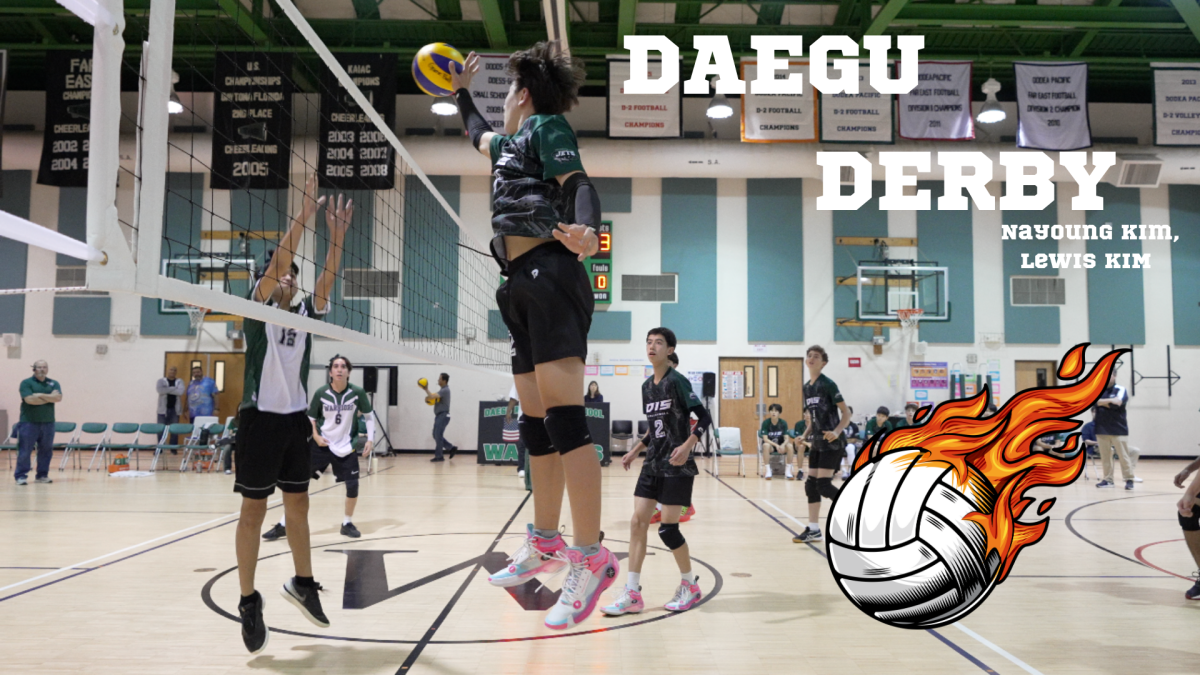
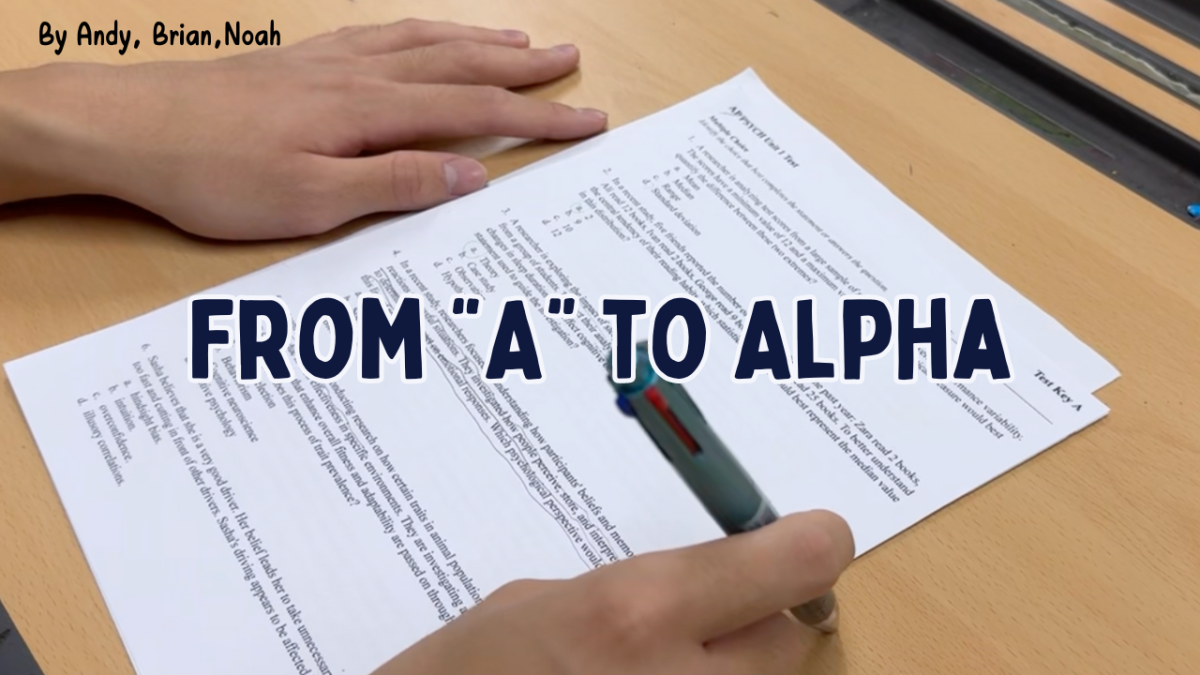
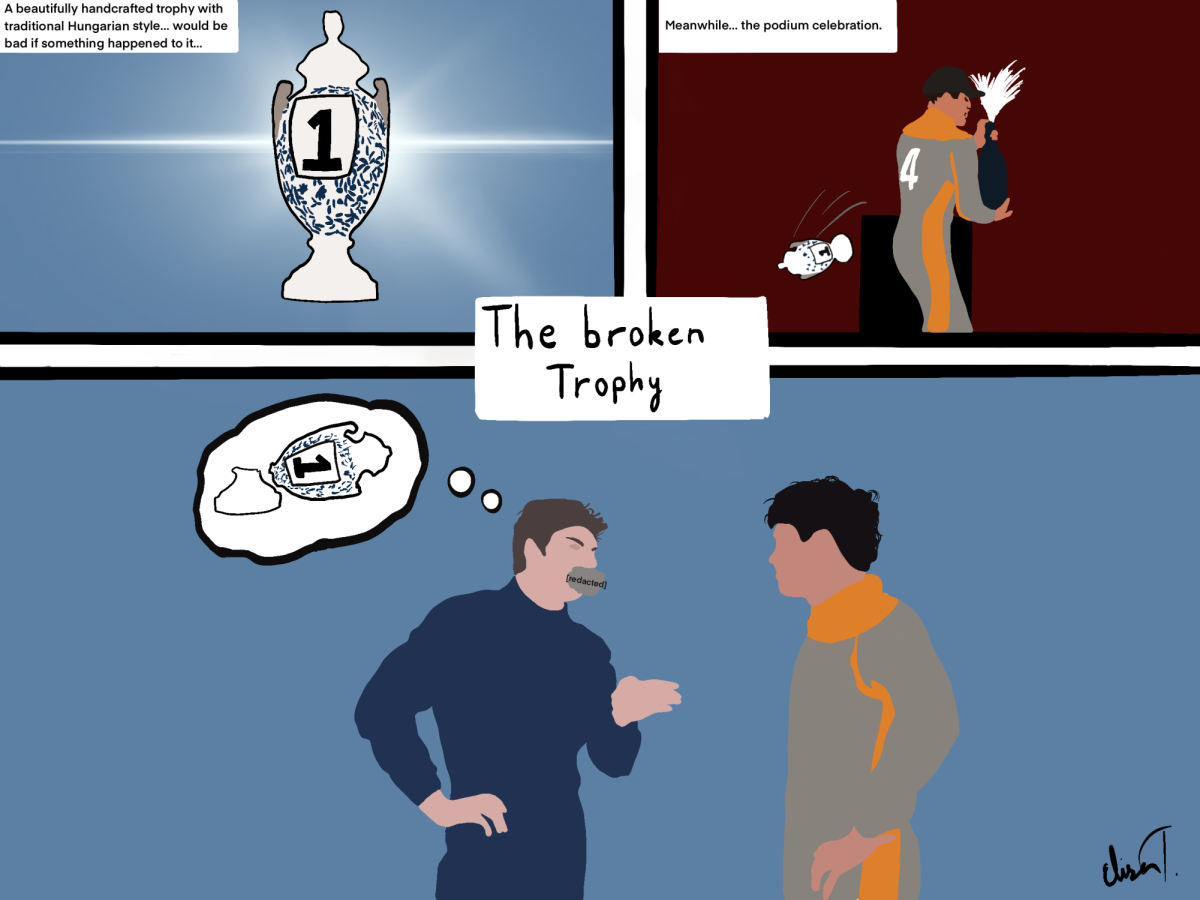
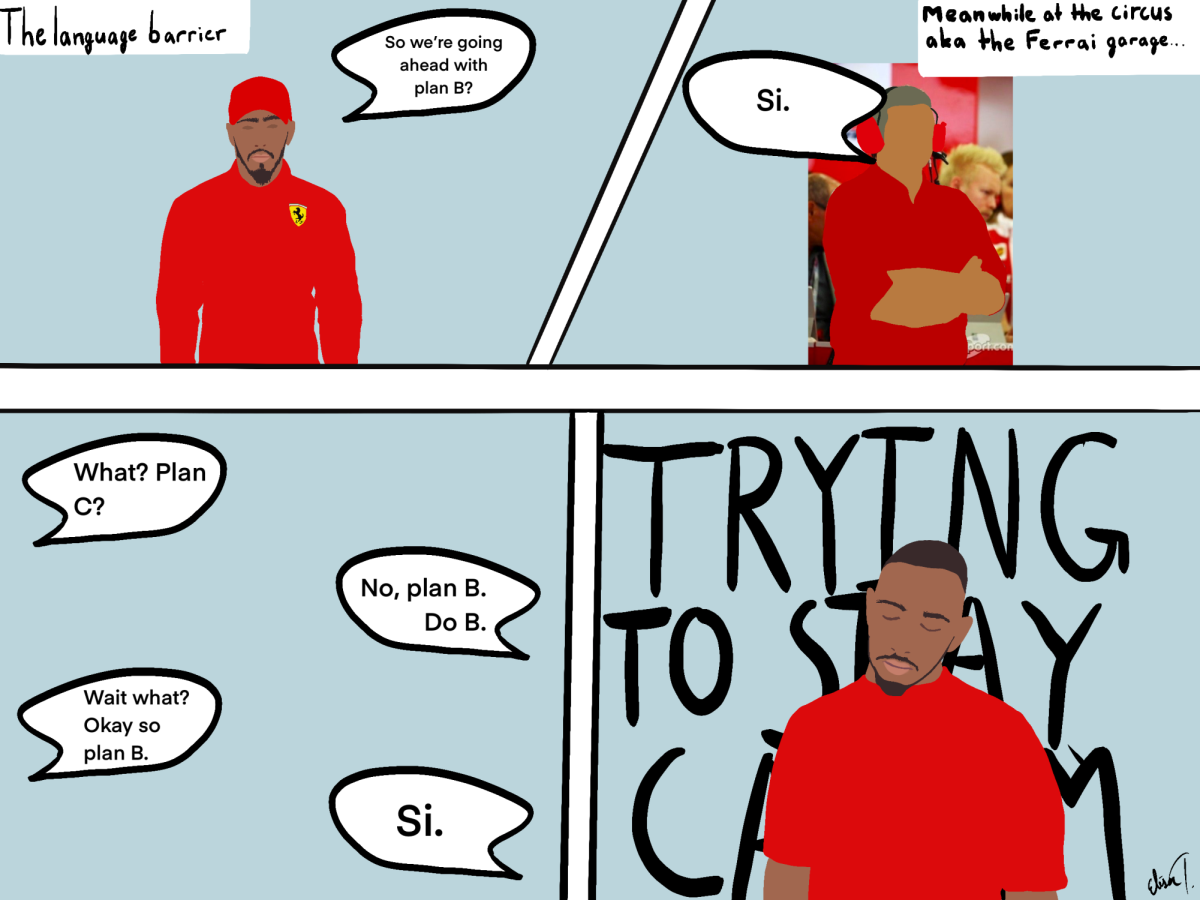
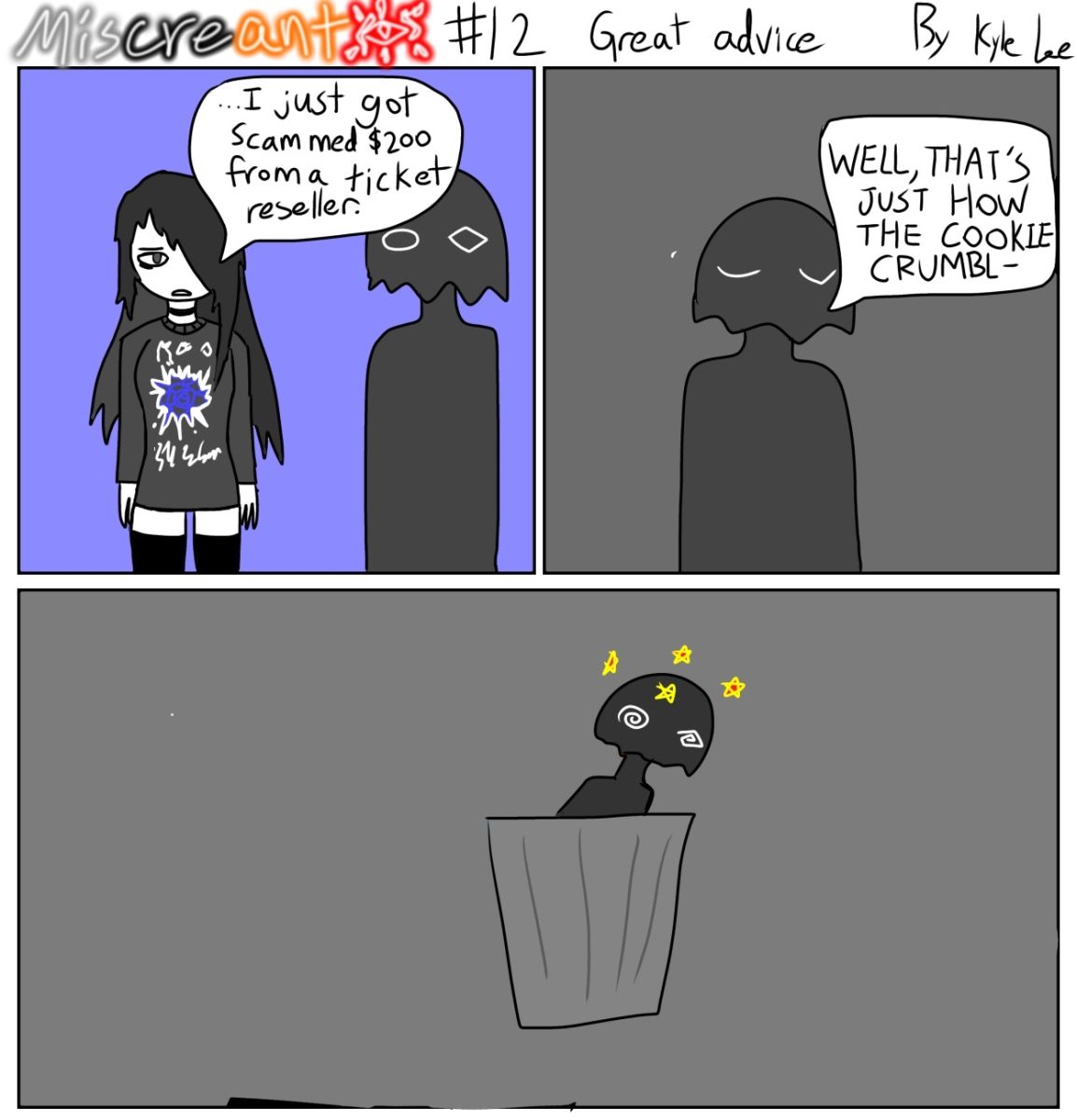
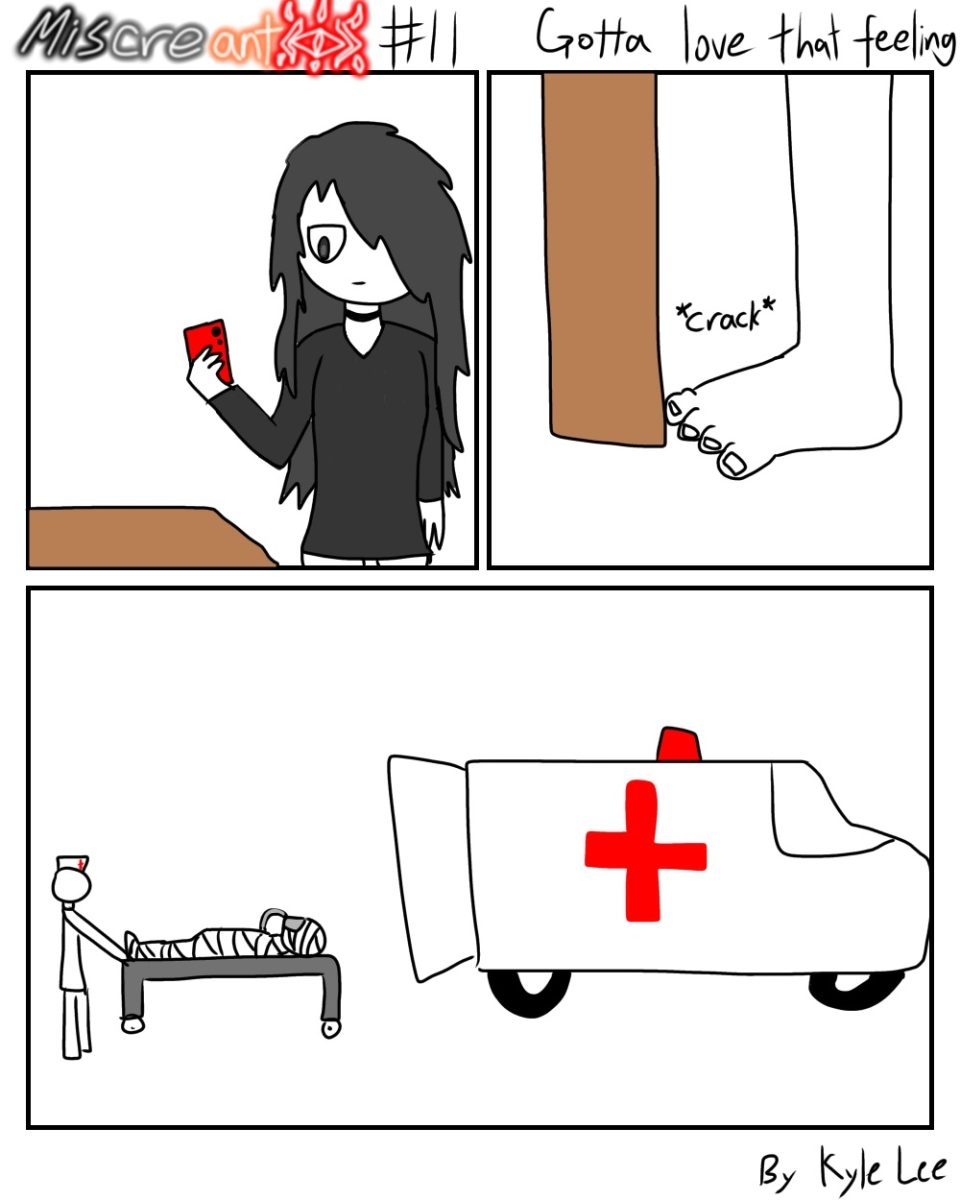
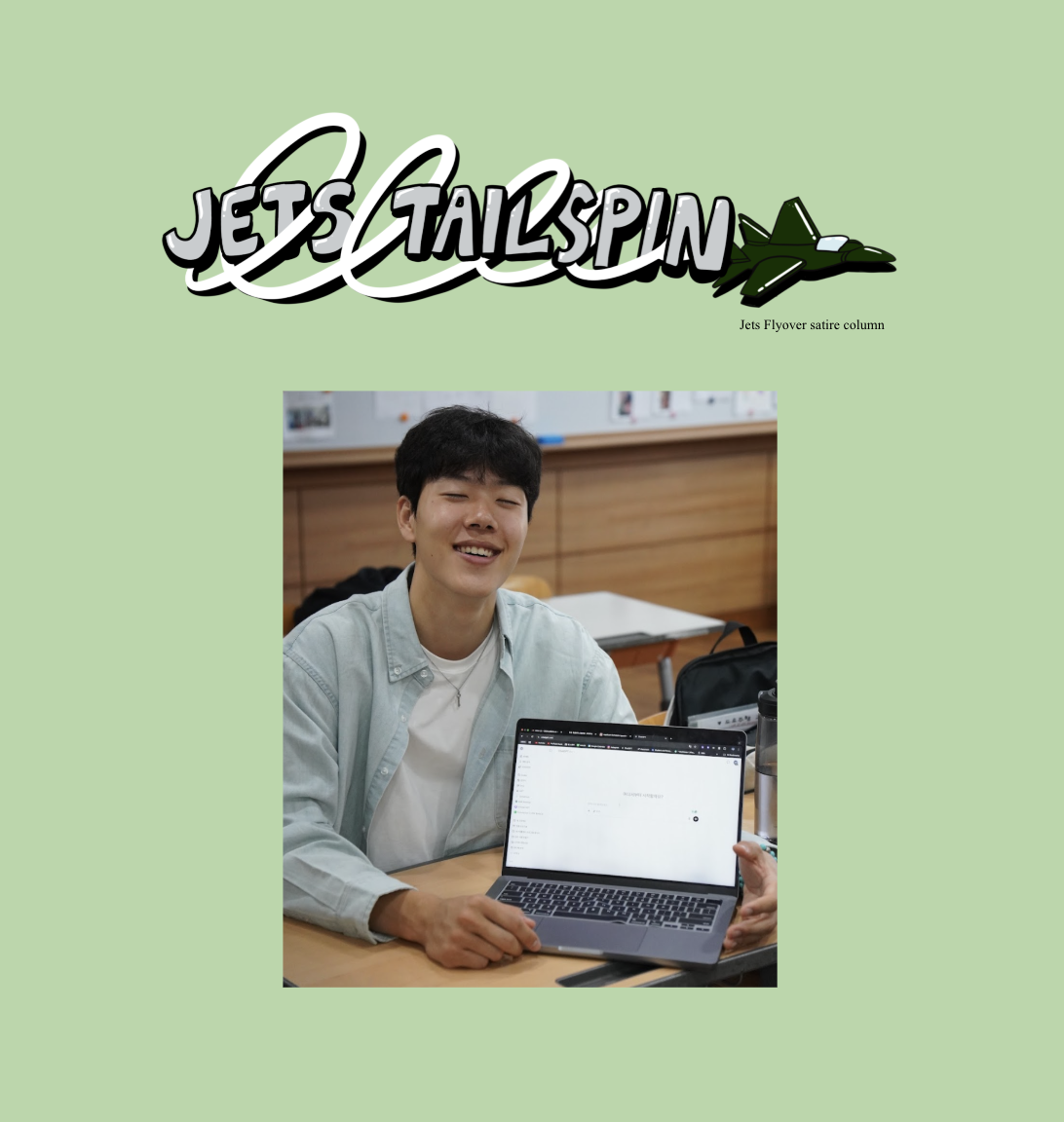
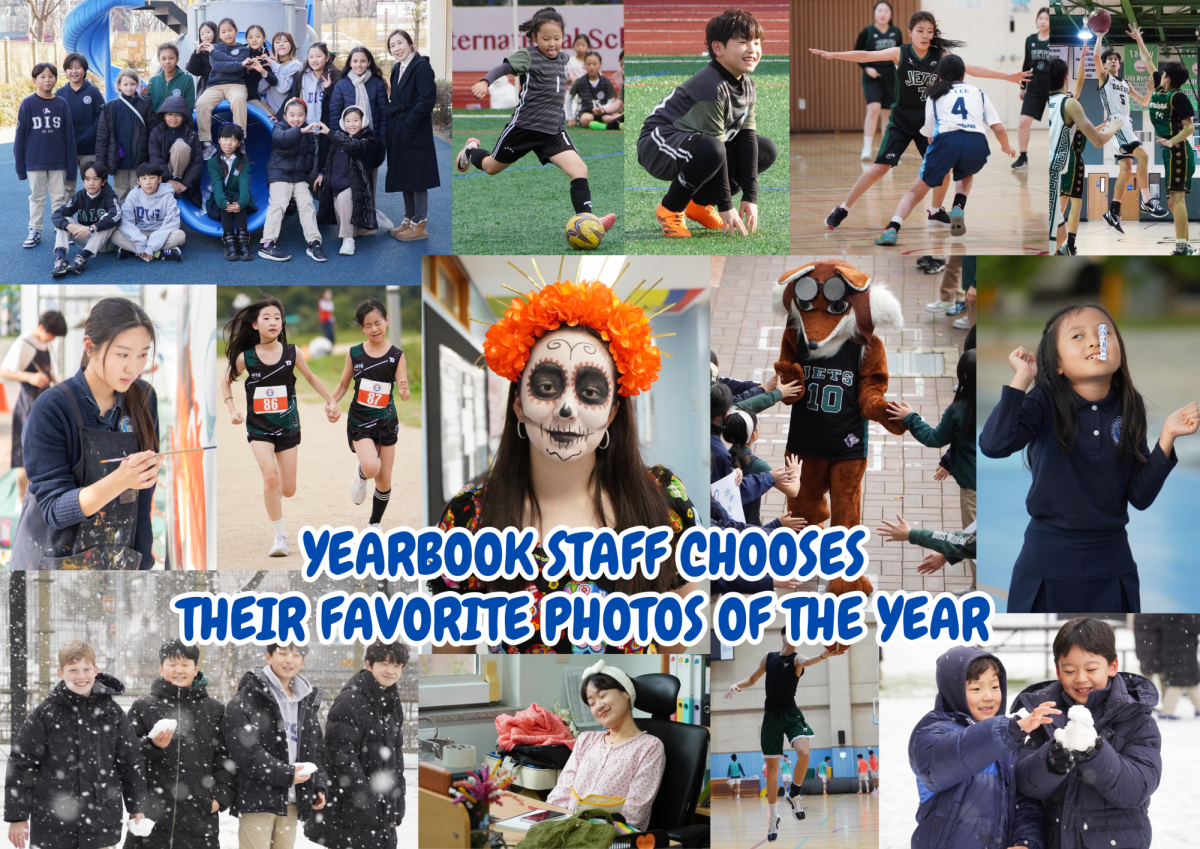
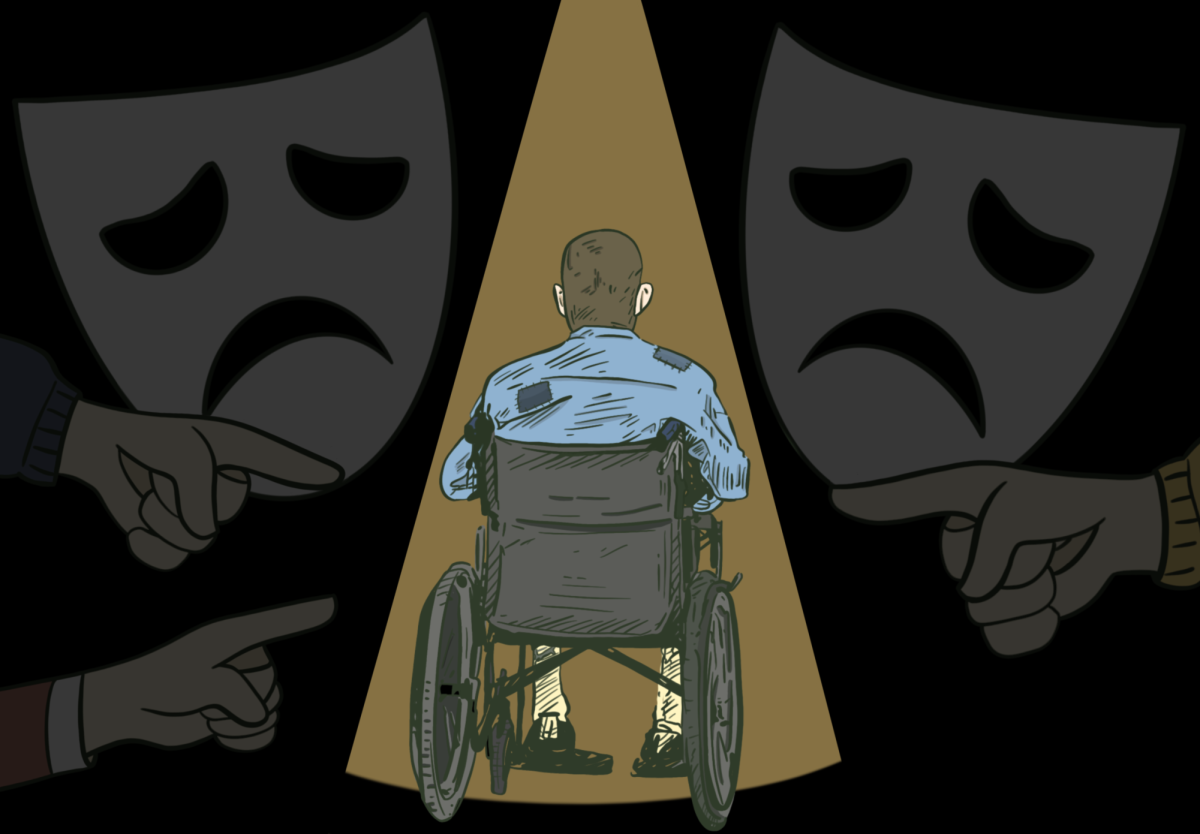
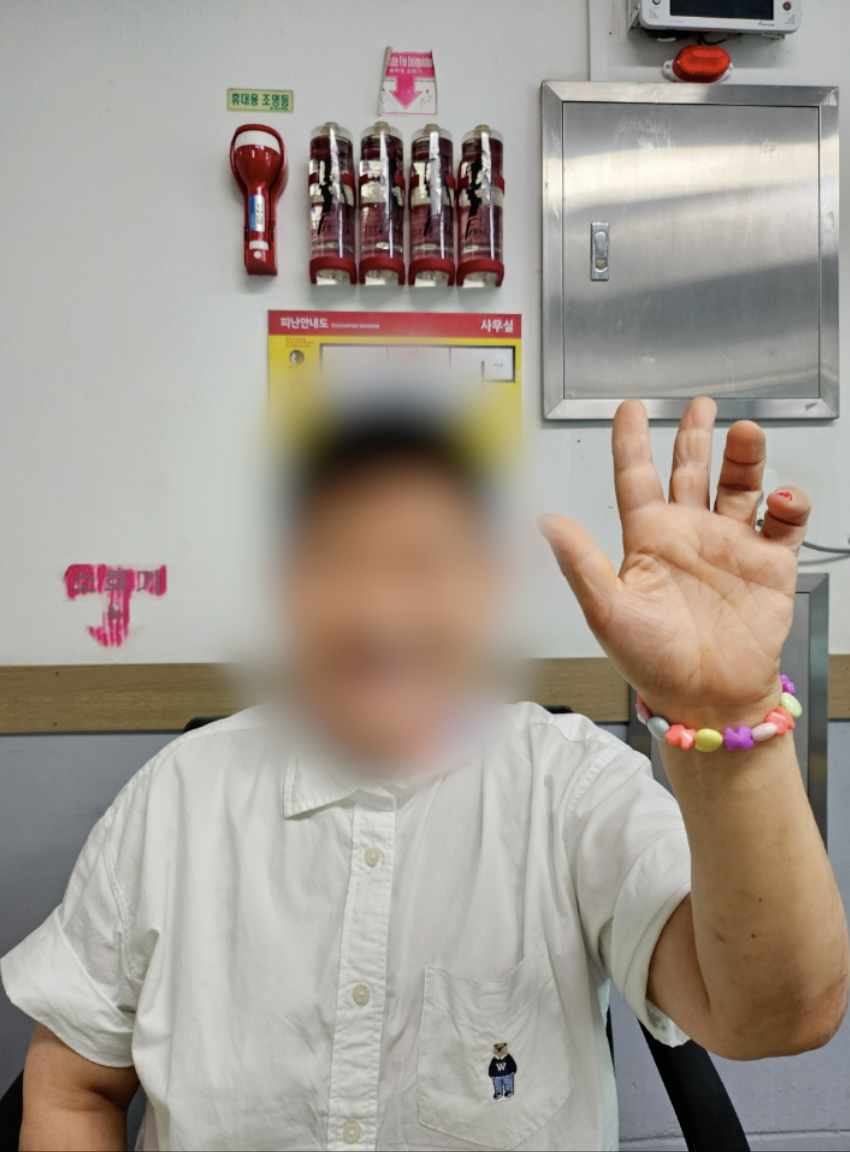
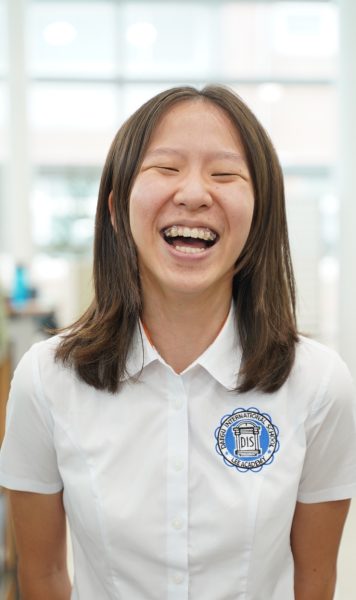
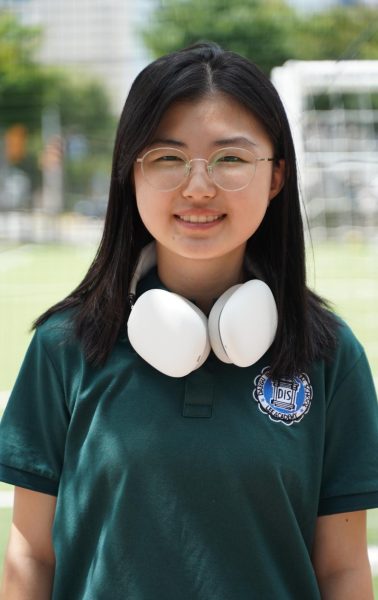
Yujun Piao • Aug 22, 2024 at 7:39 pm
I never thought about how I might unintentionally misinterpret the acting of a performer with disabilities as representing their daily lives. I should be mindful in distinguishing a character from the actor of the character because it does a disservice to the actor.
Ellie An • Aug 22, 2024 at 7:31 pm
wow
Tracy Kim • Aug 22, 2024 at 7:29 pm
This article is very informative but this is also emotional.
Dylan • Aug 22, 2024 at 7:25 pm
this is very sad to see this happen
Lily Kim ( Yena) • Aug 22, 2024 at 7:21 pm
I thought this article was interesting, but also a bit sad.
thank you for writing a great article!
Sally • Aug 22, 2024 at 7:20 pm
⭐️
Sola • Aug 21, 2024 at 5:47 pm
Great article Annaaa! Real cool:)